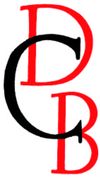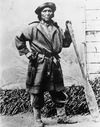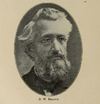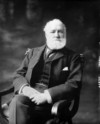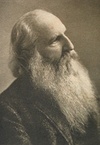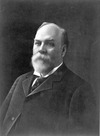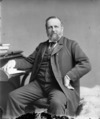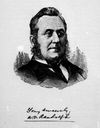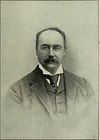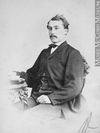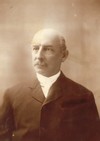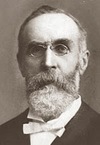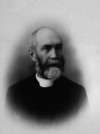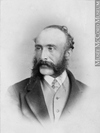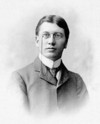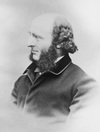in his canoe, Gabe was hailed by the prince, who asked for a ride. Against the remonstrances of equerries and household, Gabe paddled the future king across the river and into the mouth of the Nashwaak
Catharines office, at King’s College in Toronto, which granted him a ba ad eundem in 1845, and at Harvard University Law School, from which he received an
the Common Schools Act of 1871 [see George Edwin King] had not yet died and his ticket, which
King]. When Protestant ratepayers complained, the government, in its role as the Board of Education, saw no need to intervene, both government and opposition members being willing to evade the
.”
Bucke left McGill to study at University College Hospital and King’s College Hospital in London, England. There he came under the influence of Benjamin Ward Richardson, physician to several London
retail district of King Street, Eaton was now established in the line that would serve as the advance guard of the retail industry in the changes it was undergoing. Furthermore, by directing his appeal to
sector of pulp and then paper manufacturing. Having apparently controlled the Canadian match market from 1879, the “match king” continued to expand that factory also
sectarian instruction in the public schools.
Ferguson was first elected, by acclamation, to the assembly in a by-election in 3rd Kings in June 1878
(Saint John), 17 Dec. 1877. Kings County Record (Sussex, N.B.), 14 Aug. 1985: 5A
*, and they had two daughters; d. 8 Nov. 1908 in Montreal of a gastric tumour and overwork.
Educated at King’s School in Rochester
King*, making plain his belief in the essential justice of labour’s cause. Although he felt any union could be “crushed if capital feels like expending sufficient money to do it” and agreed with much
.
Andrew Frederick Gault, the “Cotton King of Canada,” was born into a large, prosperous, Anglo-Irish family in County Tyrone. He was the eighth of nine children (five boys and four girls) to survive infancy
School, where his father, the school’s headmaster, tutored him for entrance to King’s College in Windsor. He received his ba from King’s in 1871 and then took a special
.
Gooderham’s other great Toronto monuments were his business headquarters – the flat-iron building of 1892 at Front and Wellington, also by Roberts – and the King Edward Hotel on King Street
and had a successful political career. He was appointed a justice of the peace in 1851 and was named sheriff of Kings County in 1863. He was for a long time chairman of the county Board of Agricultural
personal mark . . . so indelibly that its history in his time has almost to be written in personal terms.” By the end of his life, “Geordie Our King” had assumed legendary proportions. A student
old, the family moved to a 27-acre estate in Windsor called Clifton, where he was raised in an aristocratic environment. He studied classics at King’s College in Windsor, receiving an
, in the newly founded federal Department of Labour; the editor and deputy minister was 25-year-old William Lyon Mackenzie King
Seagram*. Between 1890 and 1902 Hendrie won only two runnings of the Queen’s/King’s Plate, in 1899 and 1902; Seagram took the rest. Hendrie’s first major win was a surprise victory in the 1898 Futurity
. Apart from a brief altercation with the proprietor of a Halifax girls’ school in 1887, he lived in retirement. He was a member of the board of governors of King’s College in Windsor during the 1880s




